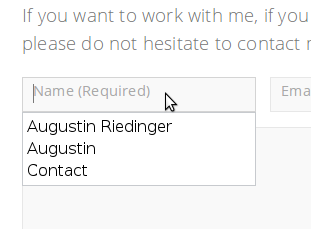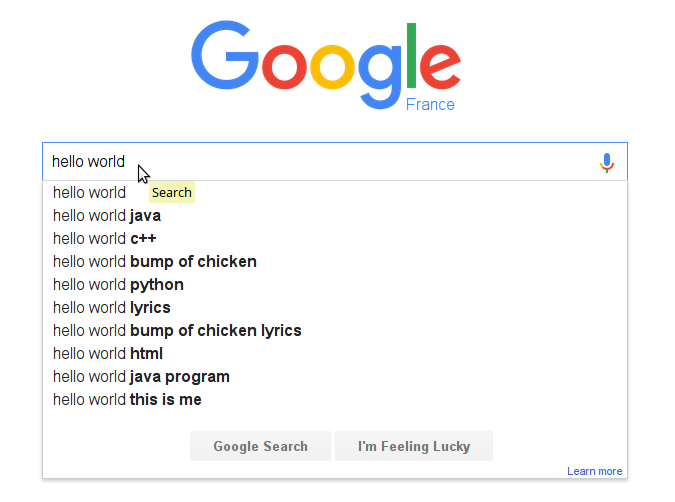Is Google Chrome becoming the new Internet Explorer?
In a previous article, I explained how Internet Explorer went from having a monopoly on the browser world to being a minor one - despite being preinstalled on every windows machine: they have been ignoring the standards and focused their strategy on dependency instead of user (and developer) experience.
Lately several signs took me to think that Chrome is currently going into the same direction IE took ten years ago. This could be considered as a warning to Google, though what I mostly care about is how the whole industry evolves and making sure it goes in favor of standards and openness instead concurrency.
1. Market-share
The first and foremost sign is how Chrome now became the most widely used browser.
The consequence is that in terms of browser compatibility necessity, Chrome will be at the top of the list. I don’t know any website that expressly mentions that it is not Chrome-compatible.
2. Chrome OS
One of the key reason to the success of Internet Explorer as a web-browser simply results from being pre-installed on every window machine sold.
Since X years, Google released Chrome OS, a Linux-based OS which only runs Chrome and its applications. I am not going to discuss here my views on the legibility of this OS, but it is important to note that Google also has the desire to have control on what’s installed on users’ machines.
3. Web Standards
This is where I am going to expand myself the most.
Recently, and as far as I know, for the first time in its history, Google Chrome started to ignore a W3C standard.
<input type="text" autocomplete="off" />The W3C defined an attribute to the <input> html tag, autocomplete which allows the developer to set whether the browser should
suggest the previously filled fields to the user.

This is a very nice default behavior, but sometimes the developer doesn’t want this to be displayed for various reasons:
- it doesn’t look nice in this context
- it doesn’t make sense in this context
- for security reasons, to not display your bank login by default
- there is another custom handmade autocomplete behavior like Google’s famous one:

In all those situation, simply adding autocomplete="off" would turn off autocomplete… until Google decided to ignore this and override it with its built-in autocomplete feature.
Interestingly enough, the Chrome team is discussing with W3C about the reasons of their move.
Of course, there is a workaround. Just as there was the <if IE> tag.
Read Further
How to start as a freelance developer?
Slides from a talk to the Wild Code School students
Continue in French →How to display comments on a web page
Comments replies are too often not correctly hierarchised
Continue →


